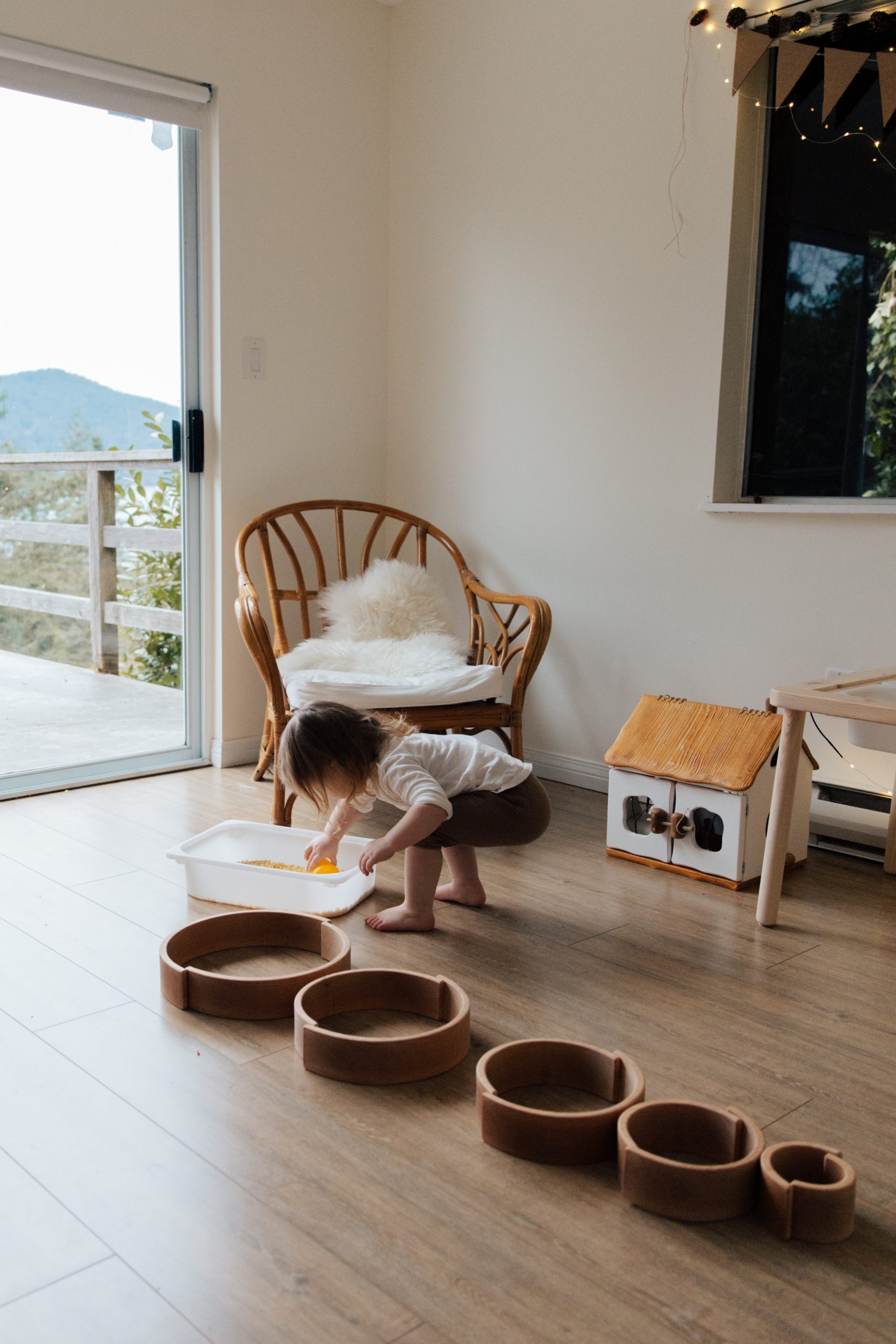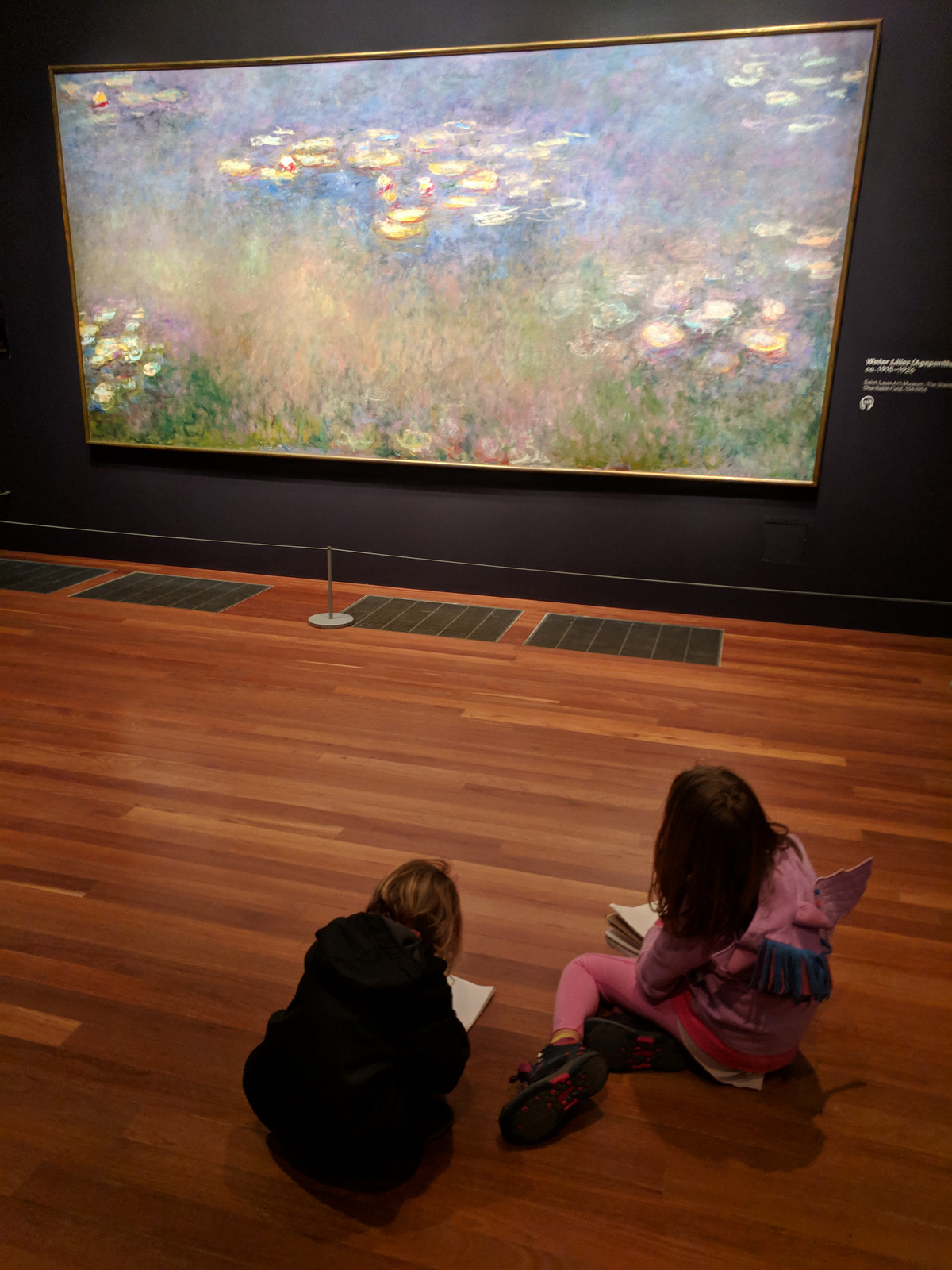GUEST POST – UNSCHOOLING AND THE PANDEMIC BY HAMILTON CARTER
There’s been a flurry of articles over the last few months discussing the benefits, the hardships, and the general gnashing of teeth as families have transitioned to ‘homeschooling’ during the pandemic. We’ve been a homeschooling, more specifically unschooling—a variant of homeschooling that focuses on child-led-learning—family for the last nine years. Ironically, the article, (found on mumforce), that has most reflected our homeschooling experience is titled, “Why I’m Choosing not to Homeschool During Lockdown”
In that article, Gail describes what she’s done during lockdown: she’s let her kid pursue her own interests. She’s kept an eye on what her kid enjoys, and provided resources—puzzles, board games, art supplies—as well as time for those things. She’s tried to limit screentime where she could, but given the circumstances, hasn’t really sweated it too too much. She’s reasonably sure that her kid won’t fall that far behind.
In one concise line, she sums up their new lifestyle, gives lie to the title of the article, and describes—every bit as admirably as I possibly could—the central pillar of our unschooling experience. That line is:
“Children can learn just by living, playing, reading.”
Unschooling—often, more aptly called self-directed-education—maintains kids are best suited to decide how they’ll learn, and what they need to know. You know, just like all of us ‘grown-ups’ do for ourselves.

“But, if kids are responsible for their own learning,” you might ask, “what do the parents do?”
It’s a good question
The short answer is: “A lot.”
Parents are very, very involved in unschooling right from the start. They’re responsible for facilitating and enabling the entire process. If you wondered how kids know what they’re interested in in the first place? That’s also a valid question, and there’s an answer for that too.
“Strewing.”
Strewing is the practice of well, strewing materials about different subjects kids might be interested in across their environment. Some unschoolers—we fit this bill—are untidy, and leave their own things lying about. (As a result, the kids here are interested in art, physics, comic books, computer programming, engineering, nature, camping, and hiking among other things.) Other families use online resources like YouTube or Minecraft to help kids find interests they’d like to pursue.
Once a kid finds a subject they’re interested in, it’s up to them to decide how far they’d like to pursue it. It’s up to the parents to find or provide the resources to do that. I’ll use a few examples from our kids’ experiences to illustrate the resources we’ve found, and to show what our unschooling life looks like. [All the kids names are changed to their self-selected aliases.]
Nine year-old Daize—interest-art: We found free art classes. We also found not free classes, and asked for scholarships. (unschooling tip number one, and perhaps only: always, always, ask for things.) Other interests? She wants to build her own cell phone. One of the simplest entry points to this was getting LEDs to light up. A few hours later, all three kids knew the most basic aspects of circuits. The next step was to talk about binary numbers. All the kids know binary now. They also know Boolean logic operations.

Five year-old Tawnse—interest-cooking: we found a Parks & Rec cooking class. Tawnse, along with her sbis, has also taken over baking cinnamon rolls from scratch and other cooking tasks around the house.
Seven year-old Mota—interest-all things physical, outdoors, and geographical: Again with Parks & Rec classes. Also, the 160 acre park just up the street is also a huge resource for Mota’s interests, and for Daize and Tawnse as well.
The three of them roam the park with their dog, without us. They run into other kids and adults and they’ve made friends with almost all of them. When I wander the park with our dog, people who know the kids frequently introduce themselves to me. The kids also meet some adults who aren’t sure they should be in the park. The gang has learned to deal with those adults calmly, letting them know that everything’s ok.
Using the skills and independence they’ve learned in the park, they also roam all of San Francisco—using the whole city as a resource. Sometimes they roam with us, often with their nanny, and as they approach the eight-year-old, street-legal-for-public-transit, age limit, increasingly on their own. Roaming, we attend talks at local libraries; we attend city Board of Supervisor meetings. We host writing groups for homeschoolers in the Museum of Modern Art. The kids have marched in strikes for hotel workers in San Francisco and for teachers in Oakland. We host math group for homeschooling kids at a local library and in our local maker space.
And that’s what unschooling looked like for us before the pandemic. For me, the freedom, independence, community socialization, and intrinsic motivation unschooling provides the kids are its biggest perks.
Then, the pandemic hit, and just as it did for everyone else, it completely changed what the kids’ education looked like—even though we were already homeschooling. Most of our resources vanished in an instant. The libraries are closed. The venues where we used to go to talks: closed. Museums? Closed. Our maker space didn’t close, but out of pandemic concern, we don’t go there anymore either. Most of all because we’re not in town anymore.
I’m in two of the high risk categories for Covid. Because my partner and I both work in jobs that easily transitioned to remote work, we moved out of the city temporarily, into the countryside of New Mexico where I grew up. It’s been a boon for the kids, because, they’re still able to roam the forest at large. Their lifestyle changed though. Now when they see other people, they avoid them, hopping off trails or diverting deeper into the forest, instead of approaching, or just ignoring them. They were heartbroken—like every other kid—when they finally internalized they couldn’t make any new friends until the pandemic eased up a bit.
However—even with all the changes—the central tenet of unschooling held up for us.
Life is learning.
A few days after we arrived at our new wooded location, the gang and I found the payload of a 1950’s weather balloon while hiking along the side of a mountain. That payload and twitter put us in contact with two space archeologists, one in Australia, another about an hour south of us in New Mexico. One of the space archeologists sent us a paper she wrote. The paper led us to talking about the rocket building efforts in New Mexico during the ‘40s and ‘50s. That conversation led a friend to remark that the rocket scientists were transplants from Nazi Germany. That led to discussions of World War II, and the Nazi regime. That looped back in to discussions about racism, slavery, and history in the United States. All of this from a walk in the woods, and I haven’t even touched on the fossilized nautilus shells we continually found on the side of that same 7,000 foot high mountain in the New Mexico desert that led to discussions of geology, the Permian Basin, and ancient oceans.
We’re still learning.
Adapting learning to the pandemic’s been a lot of work for all of us, but I think learning-wise in any event, it’s all going to wind up all right. At least I hope it is. As for the transition to ‘homeschooling’, aka distance learning, perhaps parents could take a lesson from unschooling. Maybe, in independently choosing what kind of learning works best for their family, they can arrive at a place with fewer stressors. For some families, distance learning could be just the thing, for others, a more blatant unschooling approach where kids control their own learning might take some of the pressure off. Either way, if the family itself chooses what works best for them, they’re dipping their toes into the freedom that is unschooling.
Hamilton Carter is a contributor to TheMarySue.com, writes for San Francisco based Winnie’s parent blog, and will appear soon on the FeelingMyFlow podcast speaking with his kids about menstruation and the Homeschool Coffee Break podcast talking about his pandemic unschooling adventures. Most of his latest work centers around his adventures with his nine, seven, and five year-old unschooling kids.
